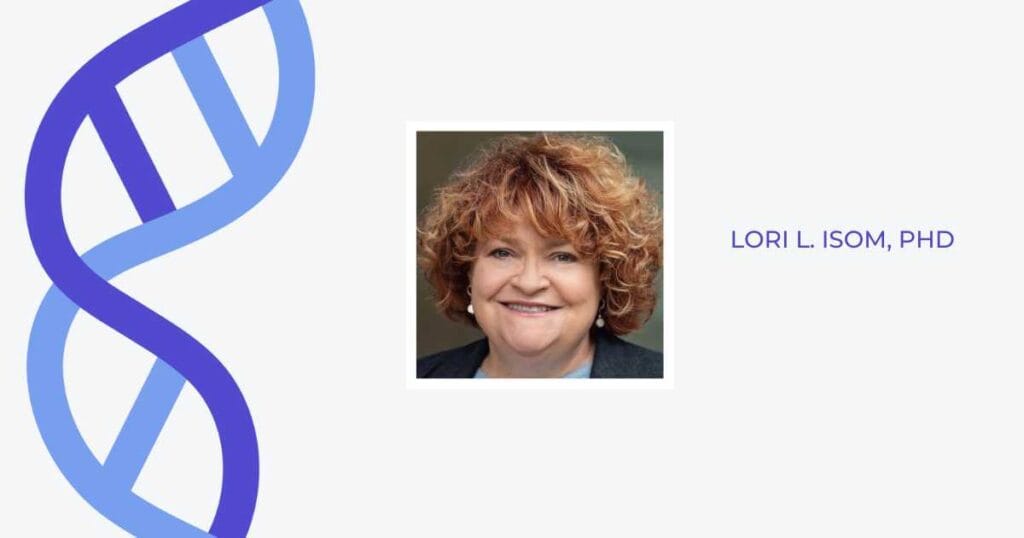Neurophysiological characterization of the therapeutic effect of exogenous NaV1.1 channels
Else A. Tolner, PhD – Leiden University Medical Centre Neurophysiological characterization of the therapeutic effect of exogenous NaV1.1 channels Research Grant in the amount of $110,000 over 3 years Funding for this grant was supported by Dance for Dravet Grant Summary from the Investigators: The early idea behind gene therapy was to replace faulty genes with […]










